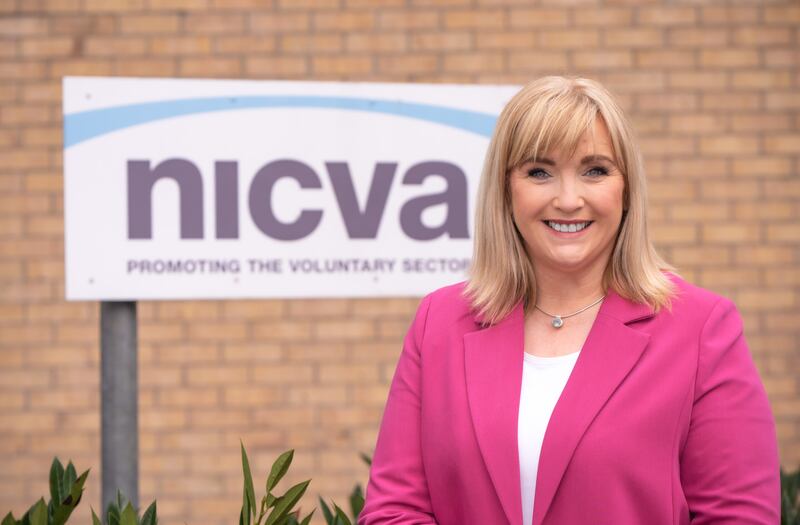When people talk about the economy, more often than not it’s about business, the private sector or corporate profits.
And while they are an important part of wealth generation, how we think and talk about prosperity needs to change.
It’s about getting the fundamentals of our economy right. Generating prosperity and reducing poverty requires investment in physical and social infrastructure and is ultimately a good return on investment.
The community and voluntary sector know this.
Over 50,000 people work in this sector in Northern Ireland alongside 200,000 volunteers.
From providing mental health services to supporting people with learning disabilities; supporting babies and parents through SureStart; working with young people not in education, employment or training to tackling loneliness in our older population, the voluntary and community sector deploy a skilled workforce to deliver frontline services every day.
The sector is also working with a cohort of the population important to unlocking our productivity challenge. This includes people with a disability, NEETs and carers – including women who are excluded from the workforce due to the cost of childcare.
The UK government committed £57 million to tackling economic inactivity through Shared Prosperity Funding (SPF) which is being delivered by the sector, and which is having an impact.
Labour market figures released by the Department for the Economy showed a modest reduction in the number of people in this category, which has the highest rate in the UK by a considerable distance.
This small but important progress isn’t an accident. Organisations are working hard in communities to support people into employment where possible.
As the sectoral membership body, the Northern Ireland Council for Voluntary Action (NICVA) has been demonstrating the value, making the case to government for the investment and policies needed to support this.
But all this remains at risk with the March 2025 cliff-edge when SPF is due to end. This is compounded by the repackaging of some of these funds as part of the £3.3 billion financial deal to restore the institutions.
As optimistic as we are of the ability of the sector to increase the number of people in work, a two-year programme that hasn’t been ring-fenced won’t cut it.
The voluntary and community sector is a vital part of the public service infrastructure, with a reach and expertise that the civil service doesn’t have into communities. And we provide a different perspective on the economy, economic growth and wealth building that needs to be heard if our politicians truly want to create a society where everyone prospers.
So, what are we to do about this?
NICVA believes that a long-term approach to addressing economic inactivity which invests in the innovative and best practice support that our members are delivering is essential. We make a real impact on the lives of some of our most vulnerable, as well as contributing to economic growth – we need to refocus efforts.
There are some green shoots with partnerships with the business community emerging at local level but we need more time to embed this approach and give it a chance to succeed.
This is reflected in the recent NI Affairs Committee report that identified the need for long-term financial planning to ensure the sustainability of the sector, and for more immediate clarity on the viability and continuity of the services it is delivering through SPF.

It is for the newly-restored Executive to link and map economic inactivity to growth, with a more joined up approach that takes economic policy into communities and to the organisations that support them.
But the window of opportunity is narrowing. We need to see a decision regarding the current £57 million investment before summer and before focus shifts to the general election.
Our people and communities cannot be held to ransom by short-term decision making. They need to have a seat at the table when it comes growing a truly inclusive economy.
- Celine McStravick is chief executive of NICVA







